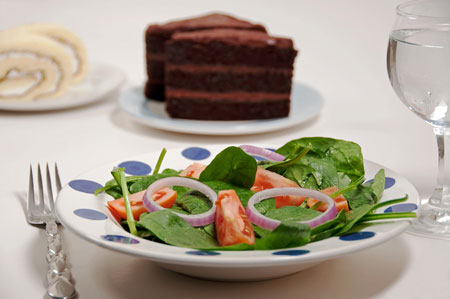Do you tend to feel more anxious at the end of the weekend? We call that “Sunday Night Anxiety” or “SNA” (pronounced snaah) in my family.
For me, SNA used to roll in on Sunday evenings like the San Francisco fog, especially when I knew I was facing a pile of undone tasks at work Monday morning.

To combat SNA, I’ve found that all I have to do is take time on Friday to update my task list and–here is the key–make a plan for how and when I will complete all those undone tasks. I learned to do this from Roy Baumeister’s review of research related to what psychologists call “the Zeigarnik effect”–the way that unfinished task items and unmet goals tend to pop repeatedly into our minds, causing stress, or SNA. You don’t actually have to complete a task for it to stop causing you anxiety, but you do have to tell your brain when you will do it.
Take Action: When you feel your mental task-list start to blink red, stop and write everything you need to get done down, even the tiny or not-urgent things (e.g. “find a recipe for kale salad”). Then, make a plan for when you will do each item. Voila! Many people feel better immediately.
Join the Discussion: Do you suffer from SNA? What makes it better for you? Comment below!











